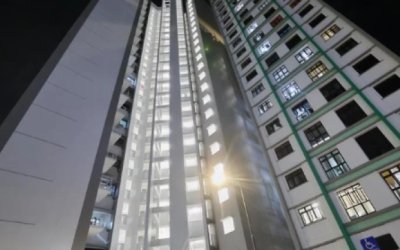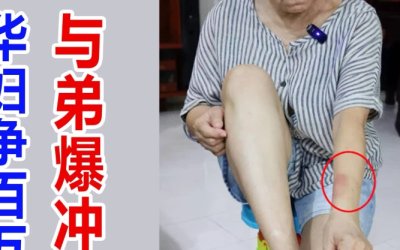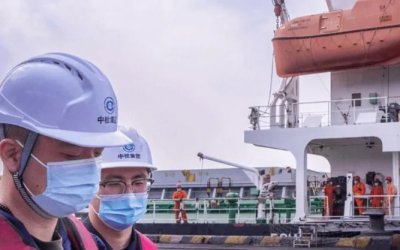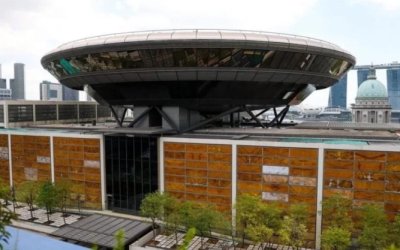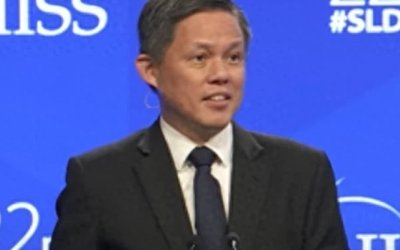Finally, the Bill serves to harmonise our laws across the transport sector, to reduce the regulatory burden on entities as they evolve, as well as provide greater consistency on commercial and investment controls in the Singapore transport ecosystem. This Bill seeks to introduce a common regime covering both licensees and non-licensees across air, land and sea transport, to apply a consistent set of regulatory controls and to create a transparent and predictable regulatory environment for entities.
Sir, I will now go into the key features of the Bill. The Transport Sector (Critical Firms) Bill makes amendments to the following Acts: the Bus Services Industry Act, or BSI Act; the Civil Aviation Authority of Singapore Act, or CAAS Act; the Maritime and Port Authority of Singapore Act, or MPA Act; and the Rapid Transit Systems Act, or RTS Act.
After they are amended, these Acts will continue to be administered by the relevant authorities of these Acts, namely CAAS, the Land Transport Authority of Singapore (LTA) and MPA. These authorities will also be responsible for designating relevant entities under the framework.
Please allow me to explain how we plan to classify the affected entities. Sir, the Bill is not intended to apply to every entity which provides a transport service in Singapore. Instead, we will take a targeted approach by regulating entities within the transport sector that meet the following criteria: first, they are involved in the provision of essential transport services in the air, land or sea transport sectors; and second, they are strategically important within the sector, for example, if the services they provide are not readily replaceable due to significant market share or specialised expertise.
Clauses 3, 19, 30 and 47, together with the new Schedules, set out the definitions for an "essential transport service" under each sector, by listing out the key services necessary for Singapore's air, land and sea transport networks. For land, we intend to include, among other things, public bus and rail services. For aviation, we plan to include, among other things, airport and ground-handling operations and passenger and cargo air services at Changi Airport. For maritime, we plan to include, among other things, port and marine services and facilities, as well as services which support the provision of sea transport, such as water supply and bunkering.
Clauses 8, 23, 33 and 52 of the Bill insert provisions empowering the regulatory authorities to designate entities that are involved in the provision of essential transport services in Singapore. Entities can be designated as a "designated operating entity", if they directly provide any essential transport service in Singapore and are strategically important within the sector; or a "designated equity interest holder", if they hold an equity interest in a designated operating entity and have a strong nexus of control over their subsidiaries that are designated operating entities.
This is because such individuals or organisations may influence key decisions related to the provision of essential transport services in Singapore. For the rest of my speech, I will be referring to both "designated operating entities" and "designated equity interest holders" collectively as "designated entities", otherwise, it will be quite a mouthful.
The designation process will be initiated after the Bill is passed and the law is brought into force. We intend for the relevant firms to be designated by the end of this year, if Parliament approves the Bill. The notifications of designations will specify the date on which designation of a company takes place and will be published in the Gazette at least 14 days before the date that designation takes place. This is provided for in the new section 28E of the BSI Act; the new section 64 of the CAAS Act; the amended section 86D of the MPA Act; and the new section 21E of the RTS Act.
The Bill will introduce legislative levers across the four Acts in three aspects: ownership controls; management appointment controls; and operations and resourcing controls.
Ownership of a firm allows parties to exercise influence over its direction, management and decisions. The Bill will allow relevant authorities to have oversight of significant changes in effective control of designated entities, through the following requirements: any person who becomes a 5% controller of the designated entity, which is when we consider a person to be a substantial shareholder of a company, must notify the relevant authorities within seven days after becoming a 5% controller.
Any person who intends to become or cease being a 25%, 50% or 75% controller of the designated entity must seek the relevant authority's approval. At these levels of shareholding, controllers hold significant influence over a company, such as the ability to pass and block ordinary and special resolutions. In addition, the relevant authority's approval must be sought for: first, any person intending to become an indirect controller, meaning someone that is able to exert control over the directors or trustee managers of the designated entity; or, any person intending to acquire and continue operating without disruption, any part of the designated operating entity's business relating to the provision of essential transport services. This is to provide the relevant authority with oversight over all acquisitions of the entity or parts of the entity, regardless of whether there are significant changes to its service provisions.
Lastly, designated entities must notify the relevant authority within seven days after becoming aware of any of the ownership changes which I just described.
The second set of controls pertain to the appointment of management by designated entities. These controls allow the relevant authorities to be kept apprised of changes to the key personnel responsible for the management of our critical transport firms, as well as operations affecting the continued provision of the essential transport service.





